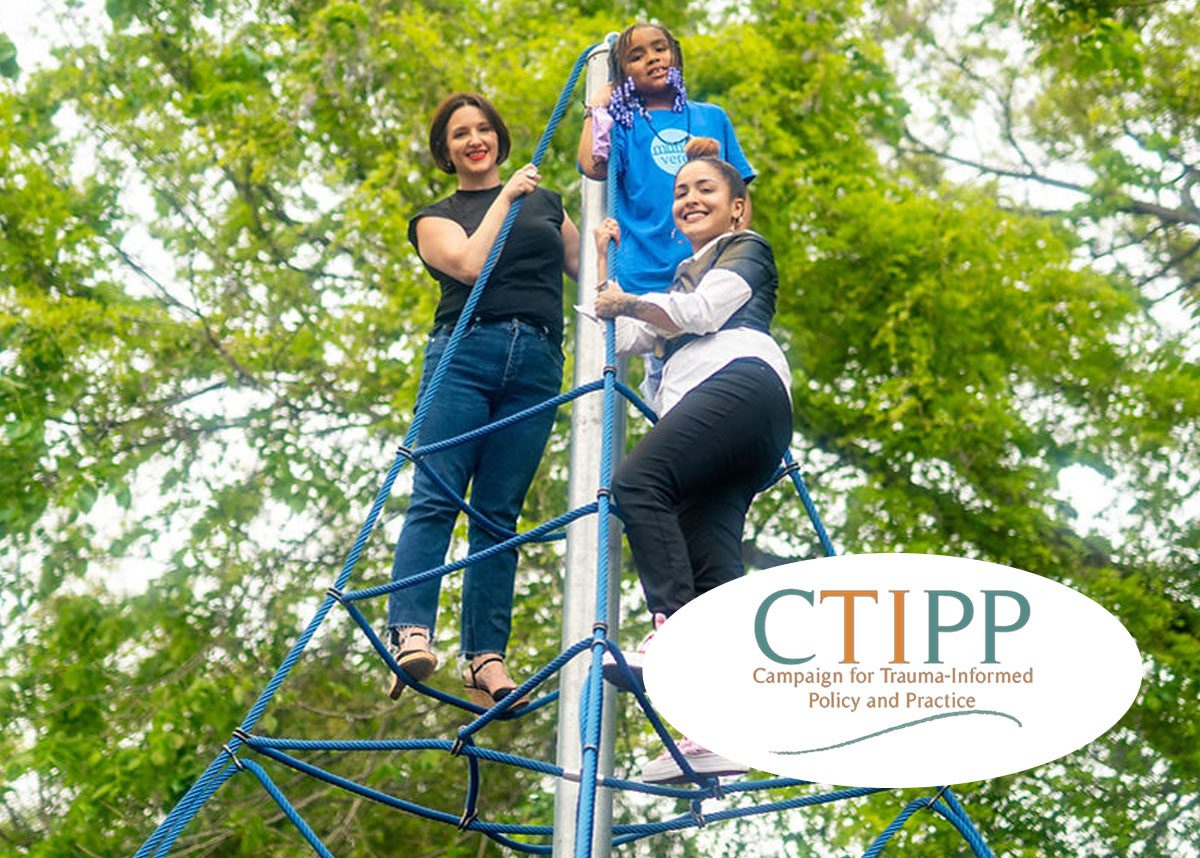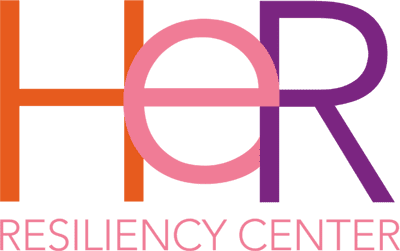
Please be advised that this post contains sensitive content that references and/or is related to interpersonal violence; substance use; houselessness; sexual exploitation; and childhood and developmental adversity. We encourage you to utilize resources and strategies that help you feel grounded, connected, and safe as you engage with this content.
CTIPP PARTNER SPOTLIGHT: Natasha Guynes is the Founder and President of the HER Resiliency Center (HER), which gives 18 to 25-year-old-women overcoming hardship a safe environment to receive the support, skills, and resources they need to make positive decisions and thrive. (Based in Washington, DC, and Baltimore, MD)
We wanted to share Natasha’s perspectives and expertise with the trauma-informed movement as part of our ongoing effort to build the grassroots network, spur collaboration, and share insights from lived and professional experiences.
Years of advocacy, research, and/or professional experience in addressing trauma?
Seven, and I have completed certification in the “Creating Cultures of Trauma-Informed Care Model,” certified by Community Connections in Washington, DC.
How did you get involved in the movement to respond to trauma? What inspired you to do this work?
In 2015, I started HER based on my difficult transition to adulthood. I had little positive guidance and even fewer resources. I eventually found guidance at 21 years old in the peer-based recovery program of Alcoholics Anonymous. I wanted to share with other women the care and guidance I found in that community — that too many of us do not have within our nuclear family.
I grew up with everyday violence — hitting and threats — neglect, and my dad and his wife used drugs. My mom left me and my sister in her effort to escape my father and the poverty we experienced. In reflection, I’m certain it was the poverty that left us susceptible to pervasive abuse. No one wanted to ask the tough questions about what was happening or what had happened because it would only lead to more “work” they would have to do.
My experiences – my story – aren’t unlike what we hear at HER every day. It was only through starting HER that I realized how pervasive trauma – specifically, complex trauma – is in our homes.
This realization helped break down my shame about my past. This ultimately afforded me the opportunity to heal and share with other women a potential path to their healing. Feelings of shame create isolation. These “aha moments” helped me to step out of my shame and to be of greater service.
I learn so much from the women HER serves. Through building genuine relationships, we learn their triggers and trauma responses. We see them heal as they embrace the HER community and receive our side-by-side guidance. Nothing is mandatory at HER.
The women we serve also teach me about my trauma journey, which has pushed me to continue my trauma recovery through EMDR therapy and healthy ways to self-regulate. Learning from each other enhances the trauma services HER provides and prepares us to embrace new opportunities to help women recover.
